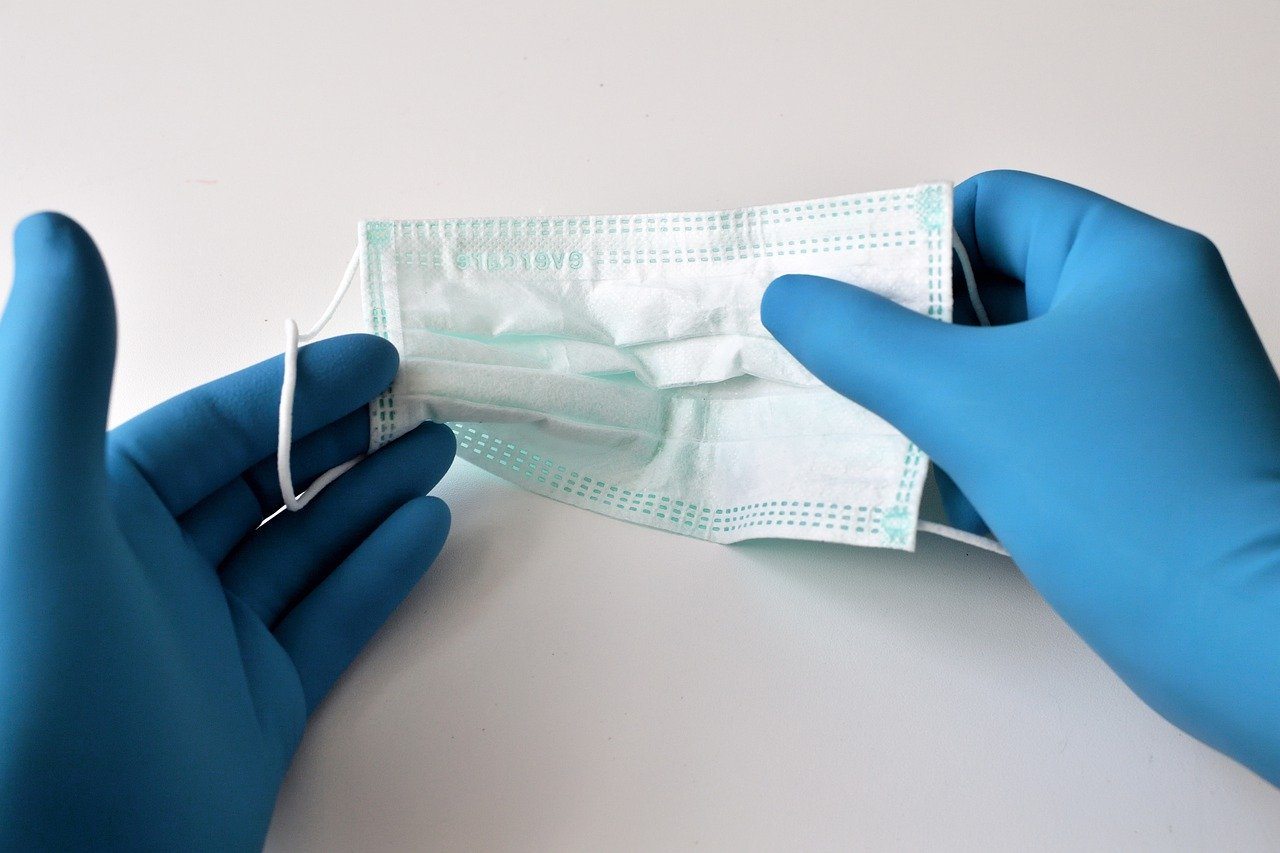
What You Should Know:
– HHS’ Biomedical Advanced Research and Development Authority (BARDA) is partnering with Evidation Health on research to develop a predictive algorithm for symptoms of COVID-19 by monitoring first responders to understand susceptibility to infection.
– The research will use de-indentifed data self-reported from survey participants and collected from wearable devices to track symptoms of COVID-19 in high-risk individuals.
– The goal is to better understand their susceptibility to the virus, potentially resulting in an early-warning algorithm that would allow individuals to better understand their symptoms and take precautions against the spread.
Evidation Health today announced a new effort to develop an early warning algorithm to detect symptoms of COVID-19 and to understand susceptibility to infection, funded by the Biomedical Advanced Research and Development Authority (BARDA), part of the Office of the Assistant Secretary for Preparedness and Response at the U.S. Department of Health and Human Services (HHS) and the Bill & Melinda Gates Foundation. Accelerating detection and containment of the virus is a crucial focus area for the Gates Foundation, which has committed $250 million to address the COVID-19 pandemic.
Early Warning System for COVID-19
The Evidation platform will analyze behavior, including sleep and activity patterns, alongside self-reported symptoms for 300 people at high risk of developing COVID-19. This builds on Evidation’s current, ongoing 150,000-person nationwide initiative tracking people’s health and attitudes during the pandemic, COVID-19 Pulse.
The analysis, performed in collaboration with non-profit 4YouandMe, will use de-identified data generated by self-reporting and wearable devices to track symptoms of COVID-19 in those at particularly high risk, including health care workers and other first responders, in order to better understand susceptibility to SARS-CoV-2 infection. One potential outcome of this work is an early warning algorithm to help individuals better understand and monitor their respiratory disease symptoms and take precautions against their spread.
“The ability to self-monitor and be informed of health status will empower Americans in their decisions to help slow the spread of this pandemic and improve health outcomes for people with COVID-19,” said BARDA Acting Director, Gary Disbrow, Ph.D. “This pilot study is not only an early step in demonstrating the utility of models developed using person-generated health data but also may provide data to better understand the varied symptoms of COVID-19.”
